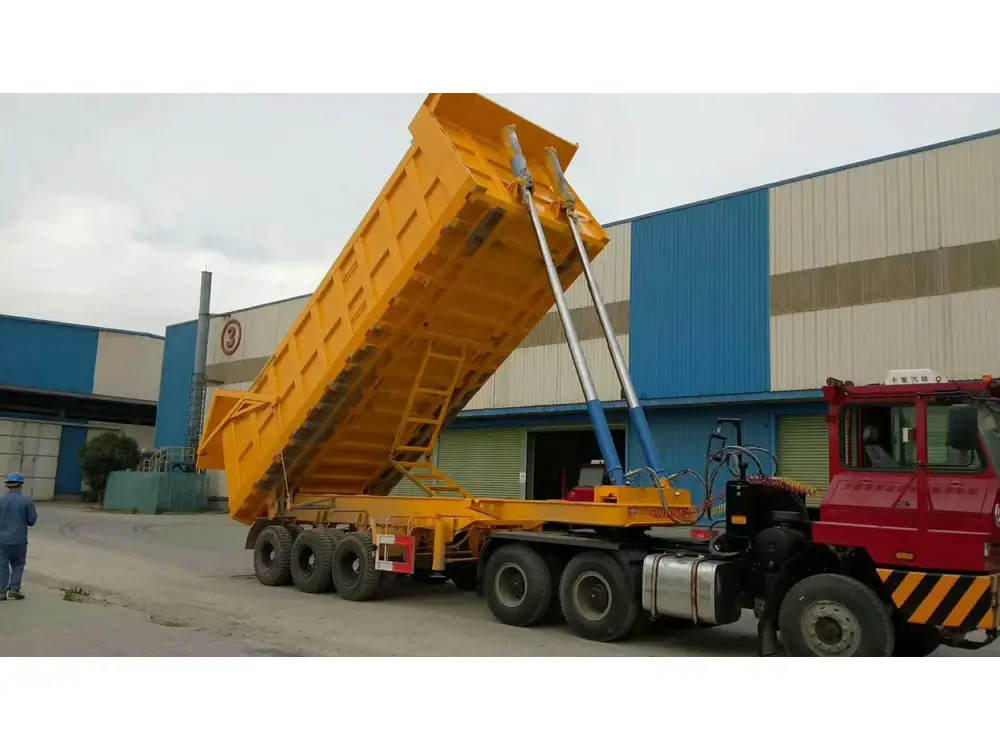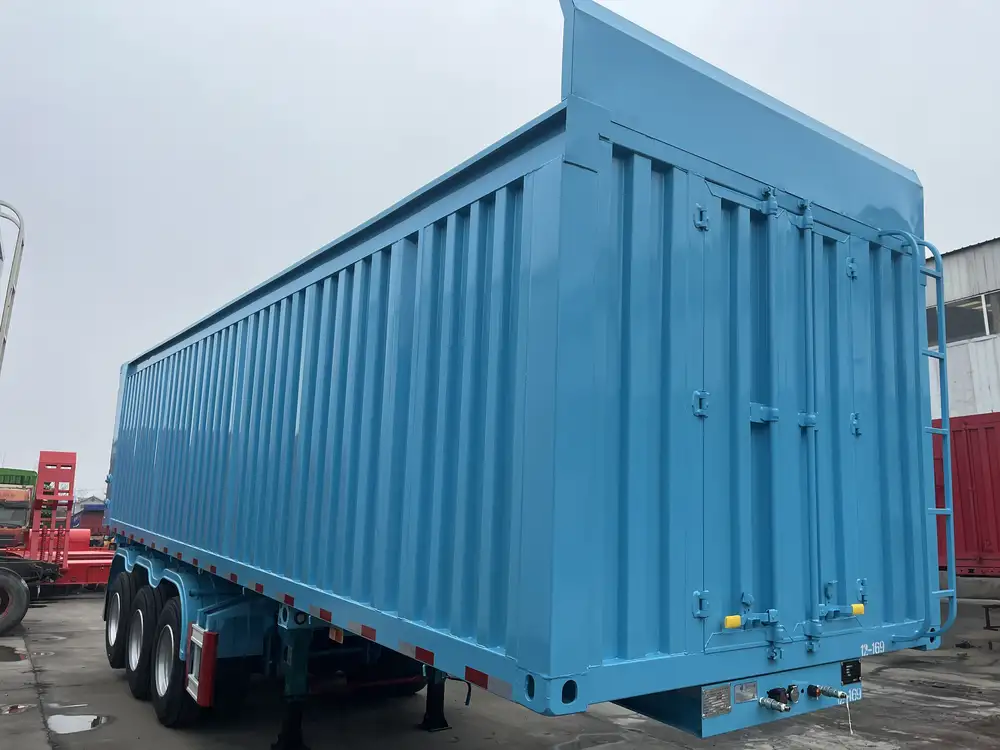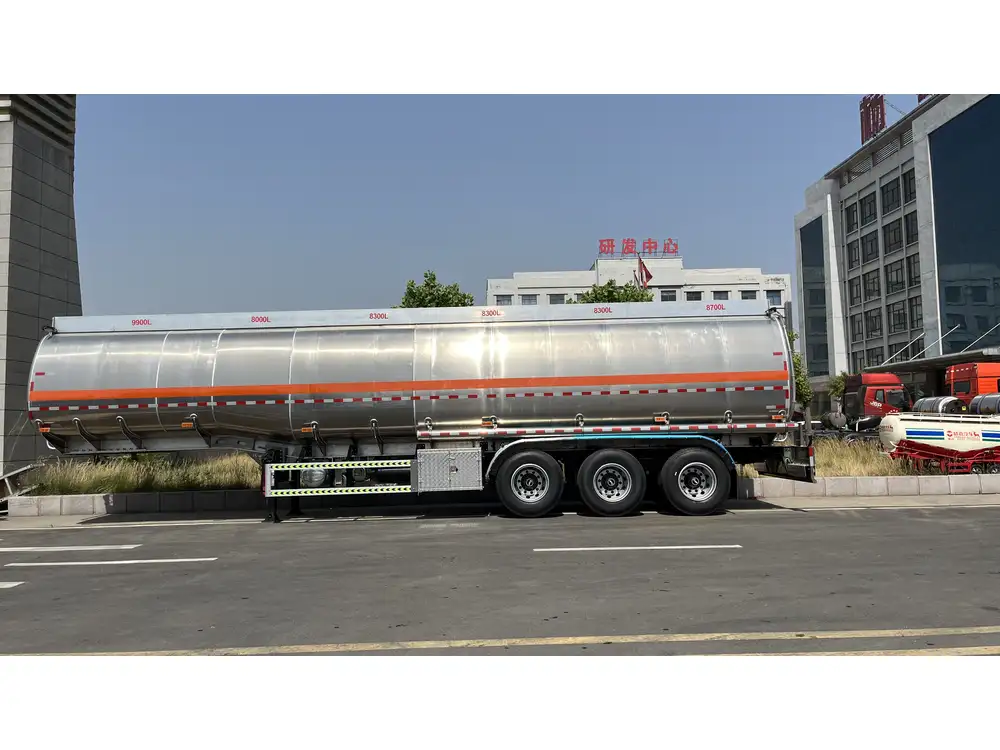When considering the practicality of park model trailers, one pertinent question arises: Can a park model trailer be self-contained? In this comprehensive guide, we will delve deeply into the nuances of self-contained options for park model trailers, highlighting their features, potential benefits, and even the limitations which may arise. This article aims to provide robust insights that cater to both seasoned trailer enthusiasts and those new to the concept, ultimately guiding you to make informed decisions.
Understanding Park Model Trailers
Before we dissect the self-contained capabilities of park model trailers, let’s clarify what distinguishing characteristics define these vehicles. Park model trailers are a unique class of recreational vehicles (RVs) designed primarily for transient or seasonal living in campgrounds and trailer parks. Here are some defining features:
| Feature | Description |
|---|---|
| Size | Typically between 400 to 500 square feet, larger than conventional RVs |
| Wheels and Tongue | Often equipped with wheels for towing; tongue design varies |
| Construction | Built to be mobile yet durable, often resembling small homes |
| Amenities | Equipped with residential-like features, including kitchens and bathrooms |
Types of Park Model Trailers
Park model trailers primarily come in two variations based on their layout and pricing: standard models and luxury models. Understanding these can aid in determining the level of self-sufficiency one can expect.
- Standard Models: Basic amenities, often lacking expansive water and sewage systems.
- Luxury Models: Enhanced features with full-scale kitchens and bathroom facilities, often marketed towards longer-term living.

What Does “Self-Contained” Mean?
To identify if a park model trailer can be self-contained, we first need to define what “self-contained” signifies within this context.
Self-Contained Definition: A self-contained trailer comes equipped with all necessary amenities for living without dependence on external facilities. This includes:
- Fresh Water Tanks: Storage for clean drinking water.
- Waste Water Tanks: Systems to store grey and black water.
- Energy Sources: Generators, solar panels, or dual fuel options – ensuring power independence.
Benefits of a Self-Contained Park Model Trailer
Now that we understand what it means to be self-contained, let’s discuss the advantages associated with self-containment for park model trailers.
1. Autonomy
- Freedom from Campsite Restrictions: Enjoy spontaneous trips without worrying about access to amenities.
- Ideal for Off-Grid Living: Perfectly suited for more remote locations lacking utilities.

2. Cost-Effectiveness
- Reduced Site Fees: Campsites typically charge extra for water, sewage, and power hook-ups.
- Long-Term Savings: Self-contained options may save money over time, particularly for long-term residents.
| Cost Comparison | Self-Contained Facilities | Traditional Campsite Hook-ups |
|---|---|---|
| Initial Setup Cost | Moderate to High | Low to Moderate |
| Ongoing Monthly Expenses | Low | Moderate to High |
3. Convenience
- Less Planning Required: Travel spontaneously without pre-booking sites based on amenities.
- More Options for Travel: Explore non-campground spaces where utilities may not be readily available.
How Can a Park Model Trailer Be Self-Contained?
Recognizing the attributes of self-sufficient park model trailers provides clarity into their construct. Here are key components to consider when evaluating their self-contained capabilities:

Fresh Water Systems
A self-contained park model trailer will feature a freshwater tank, which may vary in capacity. A typical setup usually includes:
- Water Tanks: Ranging from 30 to 100 gallons.
- Filtration Systems: Keep water potable for daily use.
- Pipes and Fittings: Often insulated to prevent freezing during colder months.
Waste Management Systems
Waste disposal is critical for self-containment. Here’s an overview:
- Grey Water Tank: Collects wastewater from sinks and showers.
- Black Water Tank: Seals incompletely processed water from toilets, often containing a flushing mechanism.
- Dumping Stations: While the trailer can hold waste, periodic visits to dumping stations are necessary.
Power Supply
One of the compelling factors for self-containment is having a reliable power source. Options include:
- Generator Sets: Portable solutions that provide essential power during excursions.
- Solar Panels: Eco-friendly option that can sustain various electrical appliances.
- Battery Systems: Effective for overnight power and essential electronics.

Kitchen and Bathroom Amenities
Self-contained models often come standard with considerable amenities:
| Amenity | Typical Features |
|---|---|
| Kitchen | Gas or electric stove, refrigerator, and sufficient counter space |
| Bathroom | Shower, toilet, sinks, often with storage for toiletries |
Limitations and Considerations
While the advantages of self-contained park model trailers are significant, potential limitations should be noted:
Weight Limitations
- Self-contained systems can increase the total weight of the trailer, which may impact towing capabilities. Prior evaluation of the vehicle’s towing capacity is essential.

Maintenance Requirements
- Systems require regular upkeep. Waste tanks need monitoring, fresh water tanks require cleaning, and electricity sources demand preventative maintenance.
Regulatory Compliance
- Always confirm that your park model aligns with local zoning laws and health regulations regarding waste disposal and utility independence.
Conclusion: Evaluating Your Needs
As we analyze the question—can a park model trailer be self-contained?—the resounding answer is yes, but the extent varies based on the model’s features, design, and your specific requirements for self-sufficiency.
When considering your investment into a park model trailer, think about:
- Usage Frequency: High usage may warrant a more robust self-contained setup.
- Travel Style: If you’ll frequently visit remote locations, a self-sufficient system is ideal.
- Budget Considerations: Weigh the initial costs against potential long-term savings.
In the ever-evolving world of recreational living, self-contained park model trailers hold a unique space that blends convenience with a sense of adventure. Thus, prospective users should weigh the aspects discussed to decide whether a self-contained park model trailer truly meets their needs.
As evident, self-containment in park model trailers isn’t merely about independent living; it bridges the gap between the comforts of home and the thrilling allure of the open road. Each prospective owner must chart their path through the myriad options, securing a lifestyle that suits their aspirations and inspires their spirit of exploration.



